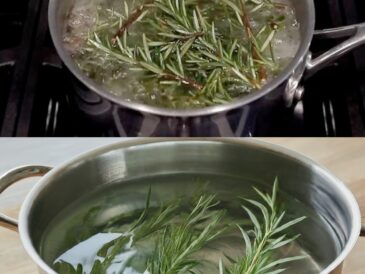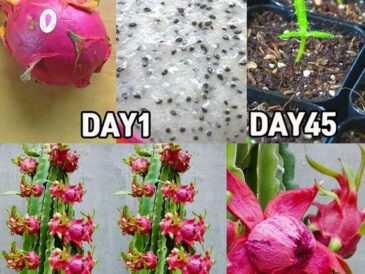Cucumbers, those cool and refreshing vegetables, are a staple in salads, sandwiches, and pickles. Achieving that perfect crunch and vibrant flavor, however, requires more than just planting a seed and hoping for the best. This comprehensive guide will equip you with the knowledge and techniques to cultivate exceptional cucumbers, ensuring a bountiful harvest of delicious and flavorful fruits.
1. Choosing the Right Cucumber Variety:
The first step to successful cucumber growing is choosing the right variety. Consider these factors:
- Growth Habit: Bush varieties are compact and ideal for containers or limited space. Vining varieties, on the other hand, require trellising and provide a larger yield.
- Fruit Size: Choose varieties based on your preferred size and shape. Some cucumbers are perfect for snacking, while others are best for slicing or pickling.
- Days to Maturity: Select varieties based on your climate and desired harvest time. Early-maturing varieties are ideal for shorter growing seasons.
- Disease Resistance: Choose varieties with resistance to common cucumber diseases like powdery mildew and downy mildew.
2. Site Selection and Soil Preparation:
Cucumbers thrive in sunny locations with well-drained soil. Here’s how to prepare the perfect growing site:
- Sunlight: Choose a spot that receives at least 6-8 hours of direct sunlight per day.
- Soil Type: Cucumbers prefer loose, fertile soil with a pH of 6.0-6.8. Amend heavy clay soil with compost or peat moss to improve drainage.
- Soil Preparation: Till the soil to a depth of 12 inches and incorporate compost or well-rotted manure to enrich the soil and improve its water-holding capacity.
3. Planting and Spacing:
- Direct Sowing: Sow seeds directly in the garden after the last frost when soil temperatures reach 60-70°F (15-21°C). Space seeds 12-18 inches apart for bush varieties and 2-3 feet apart for vining varieties.
- Transplanting: Start seeds indoors 3-4 weeks before the last frost and transplant seedlings outdoors when they are 4-6 inches tall.
- Spacing: Follow the recommended spacing guidelines for each variety.
4. Water and Nutrition:
TO CONTINUE READING SEE NEXT PAGE




